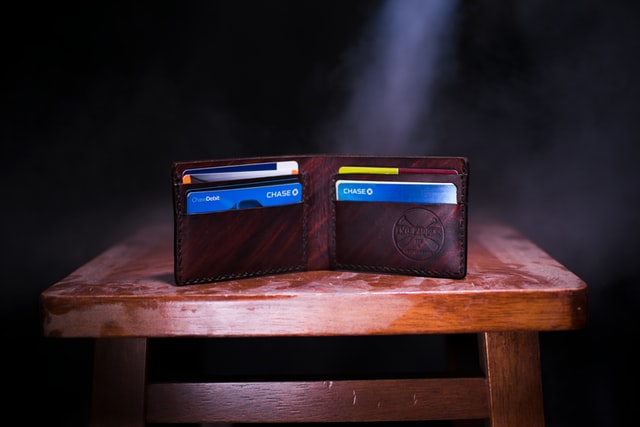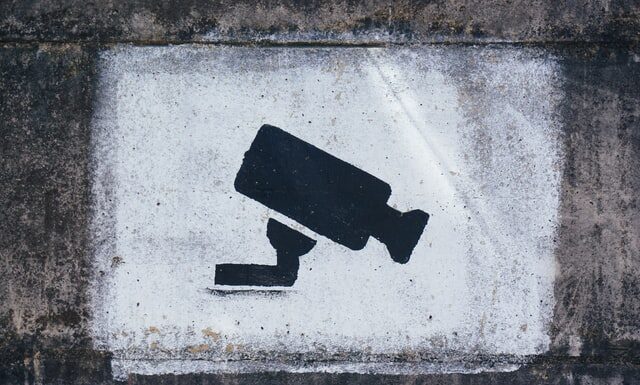Credit cards for small businesses offer countless benefits: rich rewards and cards with limits that are often higher than on personal cards. In addition, there is an additional bonus that small business owners may not always recognize at the beginning: A business credit card can help you get a business loan. Which business credit cards report to Dun and Bradstreet?
If you understand how your personal credit reports and results work, you will have a good idea of how business credit works. But there are some important differences.
Business reports and credit ratings are completely independent of personal reports and ratings. However, lenders usually check your personal loan next to a business loan when you apply for business financing. This is especially true for small businesses.
Not all companies have a credit history, just like not all people have a credit history. If the company has not existed for too long, is not listed in the catalogs, or has not established any trading lines, such as business credit cards, business loans or supplier accounts, there may not be any information to display in the trade report. In addition, in some cases, you may need to open the business loan file yourself at commercial loan offices.

How company credit card information goes to credit reports
There are many commercial loan reporting agencies in the United States. Dun & Bradstreet, Equifax and Experian are among the best known. Separately, the Small Business Financial Exchange (SBFE) serves as a repository of business credit information for its members, including large financial institutions and lenders of all kinds who provide financing to small businesses.
SBFE does not compile or sell credit reports. Instead, it works with SBFE Certified Suppliers, which are credit reporting agencies that can place credit information reported on the SBFE stock market in reports sold to SBFE members. SBFE certified suppliers are currently Dun & Bradstreet, LexisNexis and Equifax.
Credit reporting is completely voluntary. The issuer is not required to report information to credit bureaus, whether personal or commercial credit information. Especially with a business loan, finding lenders and suppliers who have applied can be difficult. That’s why this kind of information is important.
How to build a business loan
The process of building a business loan can be reduced to nine relatively simple steps.
- Enable to make your company a separate legal entity.
- Provide your business address and phone number in catalogs so that credit bureaus can find your business.
- Obtain the employer’s identification number (EIN) from the tax office.
- Register with Dun & Bradstreet and get a DUNS number.
- Open a current or savings account with EIN.
- Check the accuracy of your company’s credit reports.
- Open a business credit card and use it responsibly.
- Establish trading lines with sellers, suppliers and lenders.
- Monitor your credit reports.
We’ll explore each of these stages in length below, so go ahead and read on if you want some more details.














